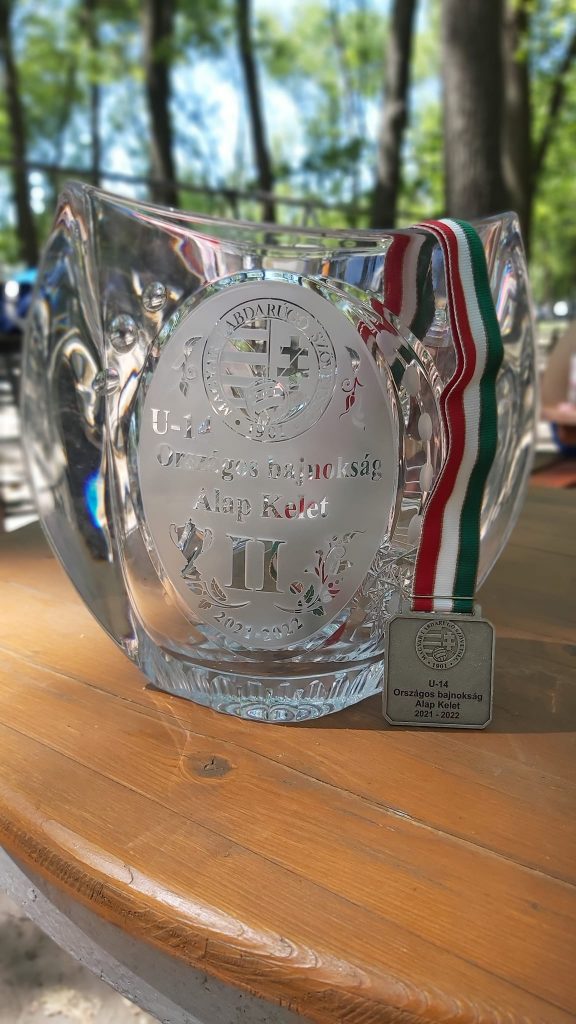The season has started, the championship matches are coming in the life of the youth teams on weekends. When there is a match, there are also fans, but the question arises: how much fans are the relatives really?
Here are some ideas based on practical experience, which we can apply to be more consciously present at our child's matches.
Shouting
It is a basic rule during matches that, as relatives, we should shout something that we would also like to hear on the field!
I worked with an athlete who had a mental block caused by yelling at her teammate's relative, which also negatively affected her performance in subsequent matches. In this case, after the processing process, we already worked on excluding external circumstances, thus turning the player's focus on his own performance.
It can help the parent if he creates an arrival ritual, making himself aware before the match that he is primarily present at the match as a parent, his role as a fan is secondary. In addition, positive encouragement of the team should come to the fore, regardless of the result.
Competence
Professional comments are left to the coach during training sessions and matches! The coach is responsible for how he manages these occasions, how he puts together the training program and the starting team in matches.
Hungary is home to 10 million coaches. This perception can mislead a parent who wants the best for his child, and in the heightened emotional atmosphere of the match, it may happen that the parent shouts out professional instructions to his child or even to other team members.
Opinions are divided as to whether a parent can have a professional opinion. In my opinion, yes, but to share it, you need to find the right place and time, which is not the match. I usually recommend to coaches to hold regular reception hour, where they are also open to professional feedback, which can serve the development of the team.

Emotional control
Control the emotions, because your expressions affect not only your child but also the team!
At this point, it makes sense to separate the role of parent and supporter. When we go out to our child's match, the involvement is stronger. It is similar to a regular fan, who sees his team as his beloved child in many cases. As a result, it is more difficult to control emotions, since the harm done to our child affects us too painfully.
The big difference, however, is that a regular supporter can express his emotions during the match, and often even go beyond the limits of the rules (use of pyrotechnic devices, for example), because the responsibility for his actions is lost in the crowd. On the other hand, the emotional outburst of a parent during a youth match is usually heard clearly by the bench, the players on the field and the referee. As a result, the parent's responsibility is much greater in terms of controlling their emotions.
Because of the mentioned aspects, as relatives, our primary goal should be to encourage the team, even by cheering and singing rhymes together with the other parents. The cooperation of the parent group for a positive purpose can have enormous power in the life of a youth team. And if we at all costs want to be in fan role, let's go out with our child to adult matches, which is also a good program to be together.



